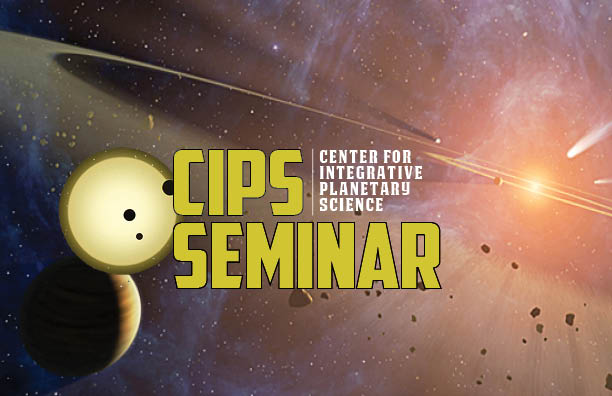CIPS Seminar: Enceladus Series – April 20
Wed, April 20, 2016

Rich Mathies (UCB) – "Planetary organic analyzers: Instrumentation and methods for detecting trace organic molecules on icy moons such as Enceladus"
Abstract: In situ organic analysis has been proven to be a powerful and cost effective approach for detecting molecules of relevance for chemical evolution in our solar system. As miniaturized analytical systems become even more powerful, these capabilities and accomplishments will surely expand our knowledge of the chemistry and perhaps biochemistry of our solar system even further. Many missions, especially to exciting outer Solar System targets like the icy moons of Saturn and Jupiter are best approached with in situ instruments because of the formidable risks and costs of sample return.
Christopher McKay (NASA) – "The search for life in Enceladus’ plume"
Abstract: Analysis of the plume by the Cassini mission indicates that the steady plume derives from a subsurface liquid water reservoir that contains organic carbon, biologically available nitrogen, redox energy sources, and inorganic salts. Furthermore, samples from the plume jetting out into space are accessible to a low-cost flyby mission. No other world has such well-studied indications of habitable conditions. Thus, the science goals that would motivate an Enceladus mission are more advanced than for any other Solar System body. The goals of such a mission must go beyond further geophysical characterization, extending to the search for biomolecular evidence of life in the organic-rich plume.
